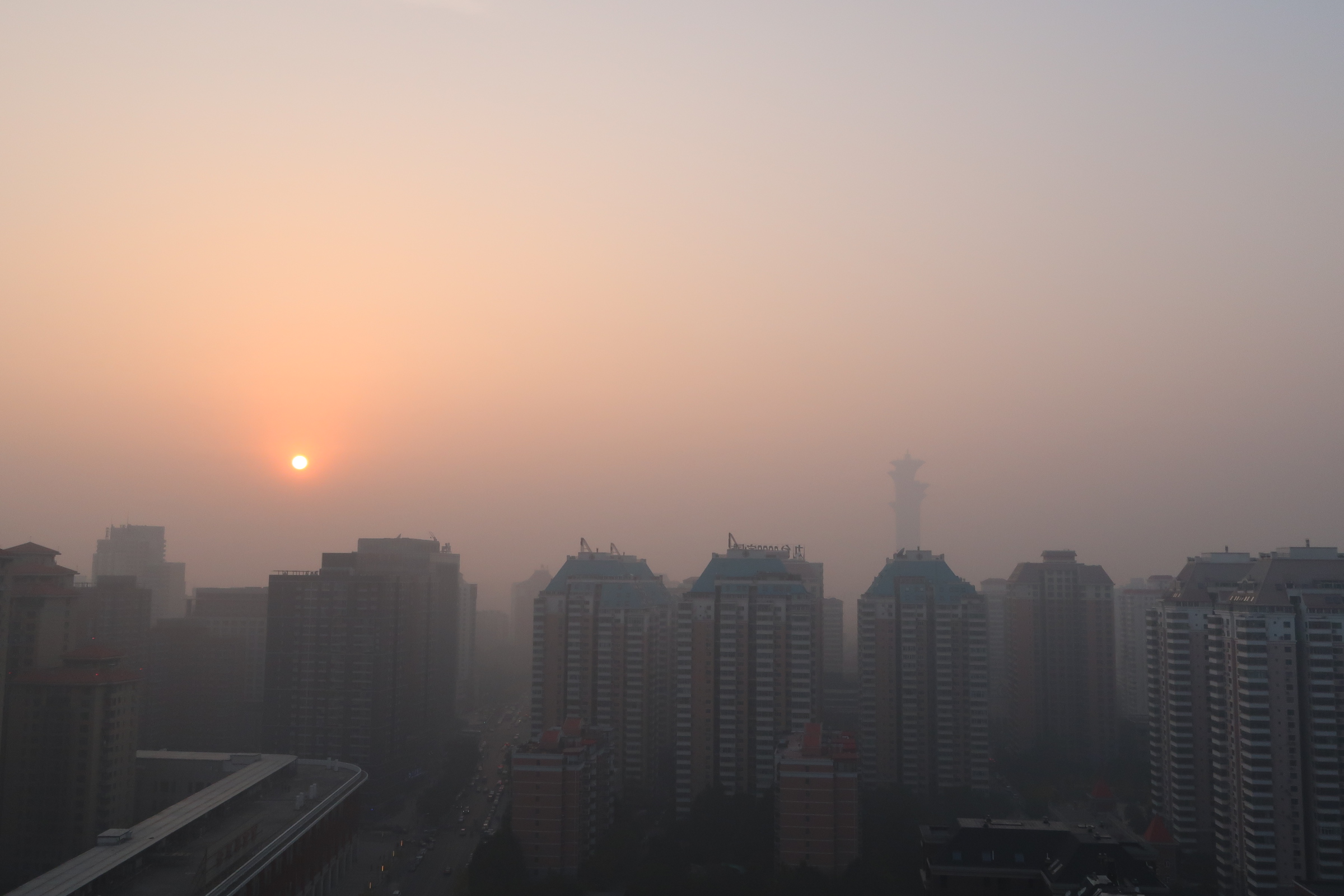By V A Douglas
As soon as I stepped over the threshold of my apartment and walked into the courtyard outside, I smelt the familiar musk of summer heat, exhaust fumes and dust. I walked out onto the street – and something caught my eye. It was about the size of a desktop computer, and it hung suspended in mid-air from a bicycle. It was bound in red cord and – it was moving. It was a turtle, bound and suspended. Next to the turtle was a man who sought shelter in the shade whilst the turtle hung in direct sunlight. I was, for a moment, so shocked that I couldn’t move. I asked the man what he was doing but he ignored me, shooing me away. I felt an anger rise from within me, so I started to film our interaction. I asked him, on film, if he could at least let the turtle’s legs touch the ground, and this time he agreed, staring aggressively at me.
In the entrance of the supermarket down the road was the turtle (and house plant) section where turtles sat lifelessly in tiny plastic containers that were stacked on top of each other. Most of them were between the size of a £2 coin and a credit card. I knew that it would be pointless to buy these turtles and release them, as they would just be replaced in a vicious cycle.
I had tried to help in several ways; I contacted animal rights’ groups (of which there are many in China), I talked to shop owners, I even joined a support group myself, but I became exasperated: it happened too often and I felt powerless to help. Towards the end of my stay in Beijing, however, this changed; it had been a year of attrition and I knew that I needed to do something. I decided to go to the supermarket and buy the turtles.
There is a cultural practice in China called fangsheng (放生), a word that literally means ‘to release life’. It is a Buddhist concept that involves setting captive animals free. It’s commonly practised. It is, however, very contentious. According to the Guardian, two Londoners were fined £28,000 this year after they released crabs of a non-native species into the sea off Brighton. Research is key – there is a big difference, for example, between releasing a non-native salt-water dwelling fish into a clear water pond and releasing a native turtle species into an appropriate habitat. And what’s better? To be held captive or to be free?
On my last day in Beijing, thoughts of fangsheng were on my mind. Of the seven turtles displayed in the supermarket entrance, only two were still living, but only just – their shells were flat and pale from malnutrition. I bought them both for a total of 50 Yuan (£5.69).
I had chosen the northern section of the Olympic park. It is a vast park, full of ponds and rivers with lush, green areas in between. Or so I thought. As we arrived, the green of the park appeared a grey khaki through the film of pollution that clung to the air. I consulted a park map and walked towards the first body of water. It was stagnant and brown and there was no animal life to be seen – just blobs of putrefying algae and a scattering of plastic bottles. The second was in much the same condition, as was the third and the fourth. The heavy heat of the midday sun was beating down upon us. An hour later I found a small stretch of river that looked a little better; there were fish, ducks, reeds and other signs of life, despite there still being a few plastic bottles. I lifted the turtles gently out onto the grass. They seemed hesitant at first, but then waddled into the water and began to swim around, occasionally poking their little heads just up above the surface for air. I knew as soon as I released them that they were where they belonged. I knew that my actions were no means a solution to the problems of pollution and cruelty to animals, but at least two lives had been spared. I took the plastic container and threw it into a bin as a small act of defiance, took one last look at the turtles playing in the water and ran towards the exit of the park.
